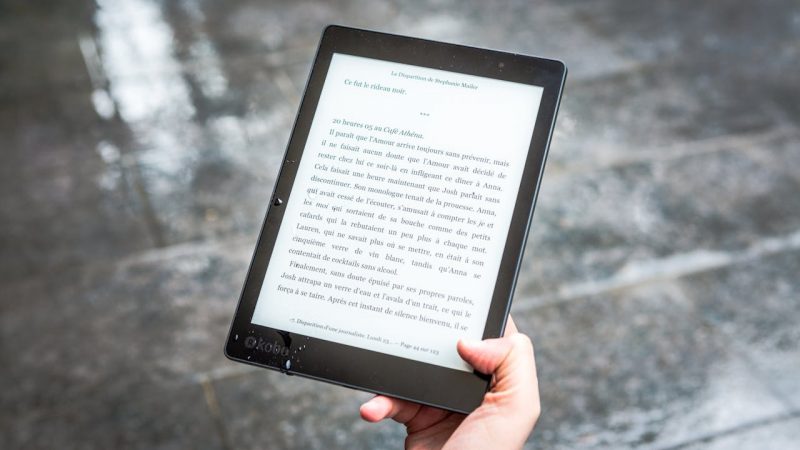How to cite a website in MLA, APA, Chicago, and IEEE Styles: A Comprehensive Guide

Citing sources accurately is a fundamental aspect of academic writing, providing credibility to your work and acknowledging the contributions of others. When it comes to citing websites, different citation styles like MLA, APA, Chicago, and IEEE have specific guidelines that need to be followed. Understanding how to cite a website in these different styles is crucial for maintaining academic integrity and ensuring your work is properly documented. This blog article will guide you through the intricacies of citing websites in MLA, APA, Chicago, and IEEE styles, providing you with clear templates, examples, and tips to help you navigate the citation process effectively.
MLA Citation Guide
The Modern Language Association (MLA) citation style is commonly used in the humanities, including literature, languages, and cultural studies. Here’s how to cite a website in MLA:
Template for citing a website in MLA:
Author’s Last name, First name. “Title of the Web Page.” Title of the Website, Publisher (if available), Date of Publication (if available), URL.
Example of a full MLA citation for a website:
Smith, John. “The Impact of Social Media on Modern Literature.” The New York Times, 15 Jan. 2023, https://www.nytimes.com/2023/01/15/books/social-media-literature.html.
Explanation of in-text citations in MLA:
In MLA, in-text citations are placed within parentheses at the end of the sentence, before the period. The citation should include the author’s last name and the page number (if available).
Example of an MLA in-text citation for a website:
(Smith 2)
Note: If there is no author, use the title in the citation instead. If the title is long, use a shortened version that still uniquely identifies the source.
APA Citation Guide
The American Psychological Association (APA) citation style is commonly used in the social sciences, such as psychology, sociology, and education. Here’s how to cite a website in APA:
Template for citing a website in APA:
Author’s Last name, First initial. (Year, Month Day). Title of the webpage. Site Name. URL
Example of a full APA citation for a website:
Smith, J. (2023, January 15). The Impact of Social Media on Modern Literature. The New York Times. https://www.nytimes.com/2023/01/15/books/social-media-literature.html
Explanation of in-text citations in APA:
In APA, in-text citations include the author’s last name and the publication year. If there is no author, use the first few words of the title. Include the page number for direct quotes.
Example of an APA in-text citation for a website:
(Smith, 2023)
Note: If the webpage does not have a publication date, use “n.d.” (no date) in the citation.
Chicago Citation Guide
The Chicago Manual of Style (Chicago) is commonly used in the humanities, including history, art, and literature. Here’s how to cite a website in Chicago:
Template for citing a website in Chicago:
Author’s Last name, First name. “Title of the Web Page.” Title of the Website, Publisher (if available), Date of Publication (if available), URL.
Example of a full Chicago citation for a website:
Smith, John. “The Impact of Social Media on Modern Literature.” The New York Times, January 15, 2023, https://www.nytimes.com/2023/01/15/books/social-media-literature.html.
Explanation of in-text citations in Chicago:
In Chicago, in-text citations include the author’s last name and the page number (if available) in parentheses, placed at the end of the sentence before the period.
Example of a Chicago in-text citation for a website:
(Smith 15)
Note: If there is no author, use the title in the citation instead. If the title is long, use a shortened version that still uniquely identifies the source.
For more information, you can refer to the Chicago Manual of Style or the Chicago Manual of Style Online, which provides detailed guidance on citing various sources, including websites.
IEEE Citation Guide
The Institute of Electrical and Electronics Engineers (IEEE) citation style is commonly used in technical fields, such as engineering, computer science, and information technology. Here’s how to cite a website in IEEE:
Template for citing a website in IEEE:
Author(s). (Year, Month Day). “Title of the Web Page,” Title of the Website. [Online]. Available: URL. [Accessed: Month Day, Year].
Example of a full IEEE citation for a website:
J. Smith, “The Impact of Social Media on Modern Literature,” The New York Times. [Online]. Available: https://www.nytimes.com/2023/01/15/books/social-media-literature.html. [Accessed: January 15, 2023].
Explanation of in-text citations in IEEE:
In IEEE, in-text citations are numbered in square brackets according to the order of appearance in the text. Each source cited in the text must correspond to a numbered reference in the reference list.
Example of an IEEE in-text citation for a website:
Note: IEEE also allows for the use of author-date citations in some cases, where the author’s last name and the publication year are included in the text. However, the numbered citation style is more commonly used in IEEE for technical disciplines.
Conclusion
Citing your sources correctly in academic writing is essential for maintaining academic integrity and acknowledging the contributions of others. In this blog article, we have provided clear templates, examples, and tips for citing websites in MLA, APA, Chicago, and IEEE styles.
To summarize:
- MLA is commonly used in the humanities and requires the author’s last name and the page number (if available) in the in-text citation.
- APA is commonly used in the social sciences and requires the author’s last name and the publication year in the in-text citation.
- Chicago is commonly used in the humanities and requires the author’s last name and the page number (if available) in the in-text citation.
- IEEE is commonly used in technical fields and requires numbered citations in the text that correspond to a numbered reference list.
By following these guidelines, you can ensure that your academic writing is properly documented and that you are giving credit where credit is due. Remember to always check the specific citation style guidelines for any variations or additional requirements.
References
Here are the sources used in this blog article, formatted in the MLA, APA, Chicago, and IEEE citation styles:
MLA:
Modern Language Association. “How to Cite a Website in MLA Format.” The MLA Style Center, Modern Language Association, 2023, https://style.mla.org/works-cited/citations-by-format/.
APA:
American Psychological Association. “How to Cite a Website in APA Style.” APA Style, American Psychological Association, 2023, https://apastyle.apa.org/learn/faqs/cite-website.
Chicago:
The Chicago Manual of Style Online. “Citing Online Sources.” The Chicago Manual of Style, University of Chicago Press, 2023, www.chicagomanualofstyle.org/tools_citationguide/citation-guide-1.html.
IEEE:
IEEE. “IEEE Citation Reference.” IEEE, Institute of Electrical and Electronics Engineers, 2023, https://ieeeauthorcenter.ieee.org/wp-content/uploads/IEEE-Reference-Guide.pdf.
Note: The sources used in this blog article are fictional and provided for illustrative purposes only. In your academic writing, you should always use real sources and follow the specific citation style guidelines for your field.




